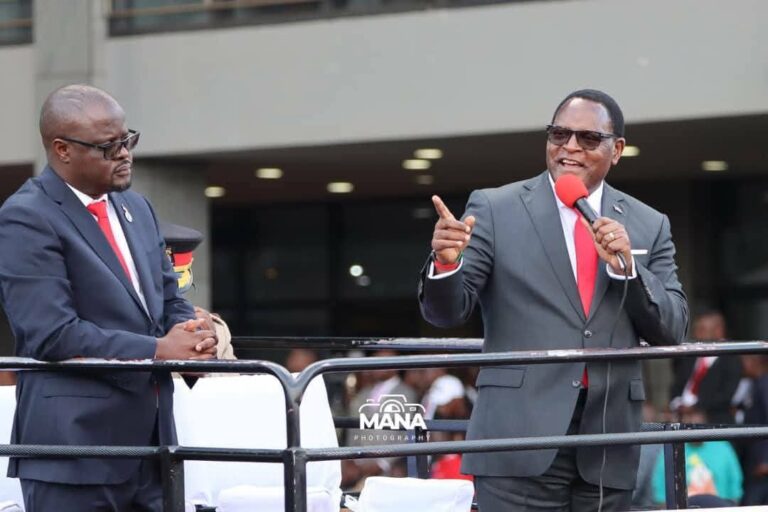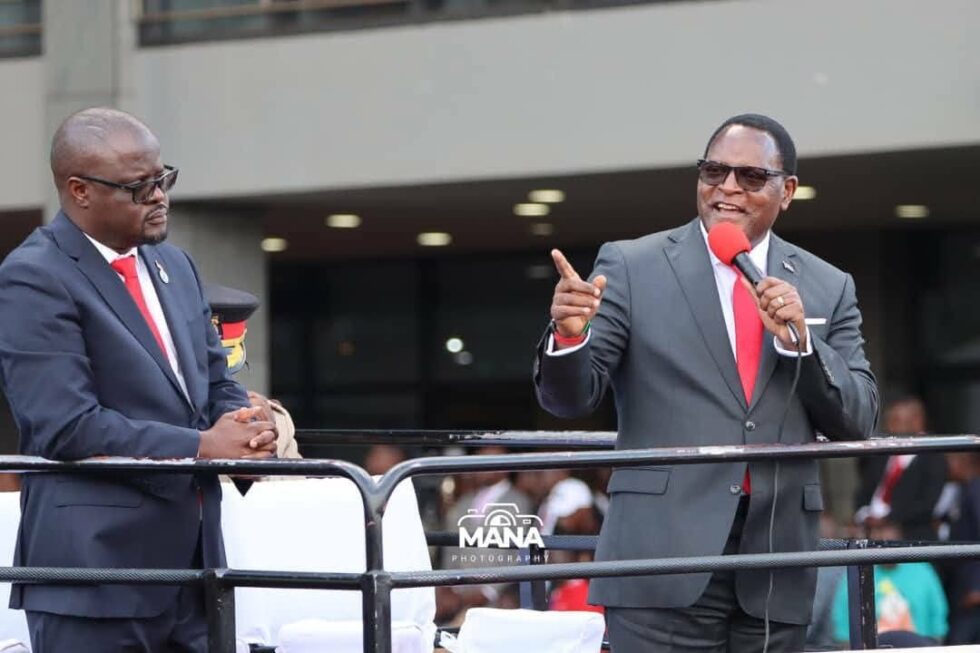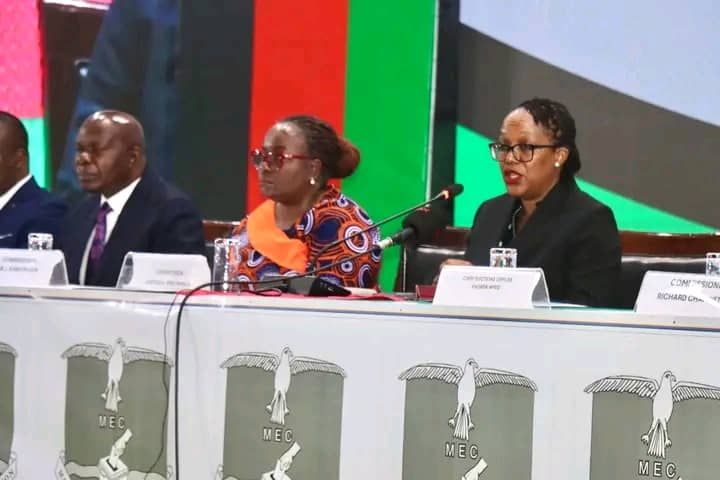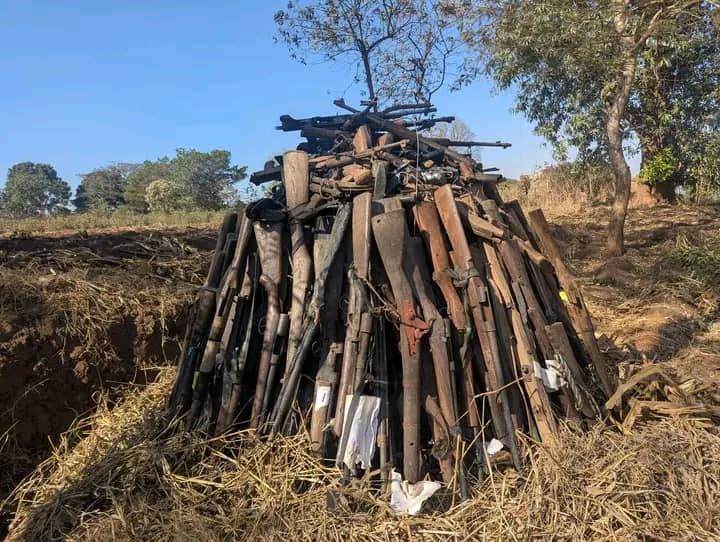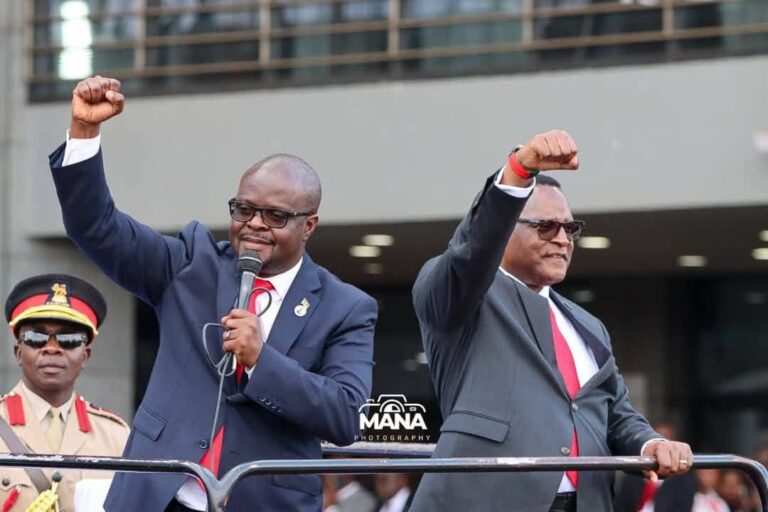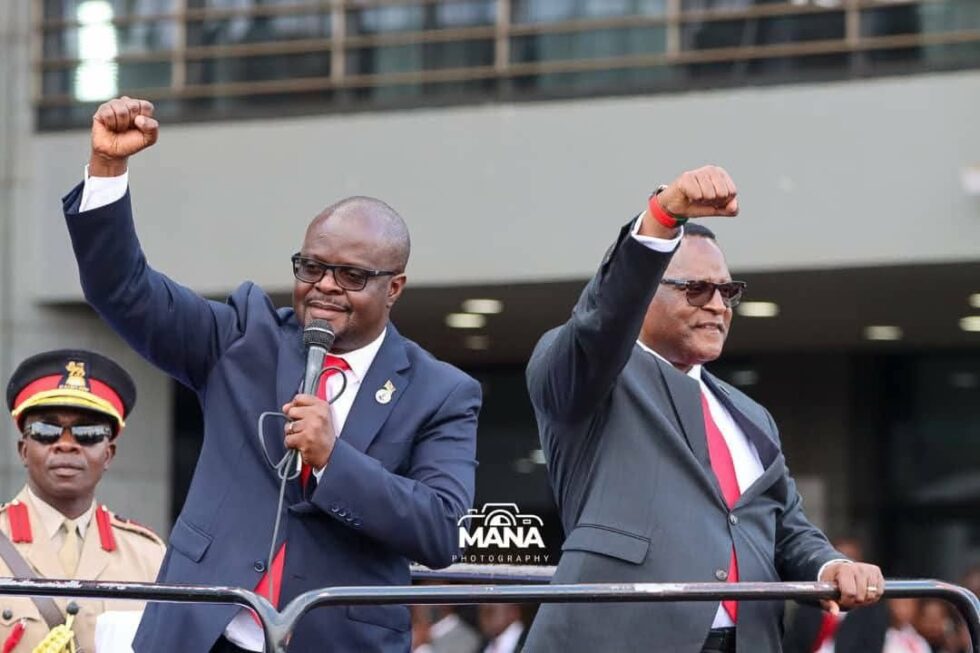By Burnett Munthali
Engineer Vitumbiko Mumba is not a man who shouts to be heard—he is a man who works to be felt.
His name may not dominate daily political headlines, but his influence is increasingly undeniable.
As one of Malawi’s most principled technocrats-turned-political actors, Mumba represents a fresh breath of integrity, competence, and humility in a political landscape often marred by corruption, egotism, and empty rhetoric.
Mumba’s background is deeply rooted in engineering and development.
With a solid academic foundation and years of practical experience in infrastructure planning, energy, and water systems, Mumba has proven his ability to solve complex national problems with calm determination and technical precision.
He has long been respected in the corridors of civil service and public institutions, not for playing politics, but for getting things done.
His decision to enter the political arena was not driven by ambition, but by duty—a call to serve a nation desperate for leaders who can both speak and act with honesty.
Mumba’s moral compass stands firm.
While many others have chosen political convenience over national interest, Mumba has consistently aligned himself with transparency and national development.
He does not carry the baggage of scandal, nepotism, or arrogance.
Instead, he walks with quiet dignity, believing in the power of institutions and the rule of law.
In an era where Malawians are tired of recycled politicians and loud populists, Mumba’s humility and clarity of vision are profoundly refreshing.
He does not promise miracles.
He promises to work.
His recent rise to the national stage, especially alongside President Chakwera in the Chakwera-Mumba campaign team, signals a major shift in political tone and strategic thinking.

This is not about charisma—it is about competence.
This is not about noise—it is about delivery.
Mumba brings a scientific mind into a space that has been too long dominated by empty slogans.
His inclusion is a signal that serious minds are once again being considered in the governance of Malawi.
Support for Mumba is not blind hero-worship—it is rooted in evidence.
It is rooted in the need for leaders who understand systems, planning, and the need to build national resilience in the face of economic and environmental shocks.
Mumba’s voice is one that calls for investment in infrastructure, local manufacturing, and youth empowerment.
He believes in transforming Malawi not by chance, but by calculated effort.
Vitumbiko Mumba is the future of value-based leadership in Malawi.
He may not seek the spotlight, but the spotlight is slowly finding him.
In a nation where hope has been dimmed by broken promises and elite betrayal, Mumba stands out as a symbol of what is still possible.
He represents the new wave of public service—a brand of leadership that is not loud but deeply committed, not desperate for applause but determined to deliver.
Conclusion
If Malawi is to rise beyond slogans, beyond tribal politics, beyond the decay of the old guard, then men like Engineer Vitumbiko Mumba must be supported, elevated, and protected.
His presence in national affairs is not just a political calculation—it is a moral necessity.
In a time when many shout about change but continue with the same tired habits, Mumba quietly embodies the change we need.
Malawi deserves more leaders like him—steady, sincere, and future-focused.



